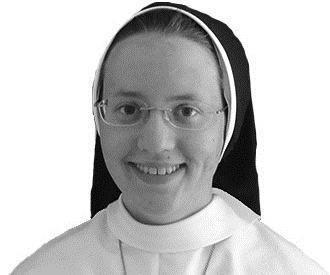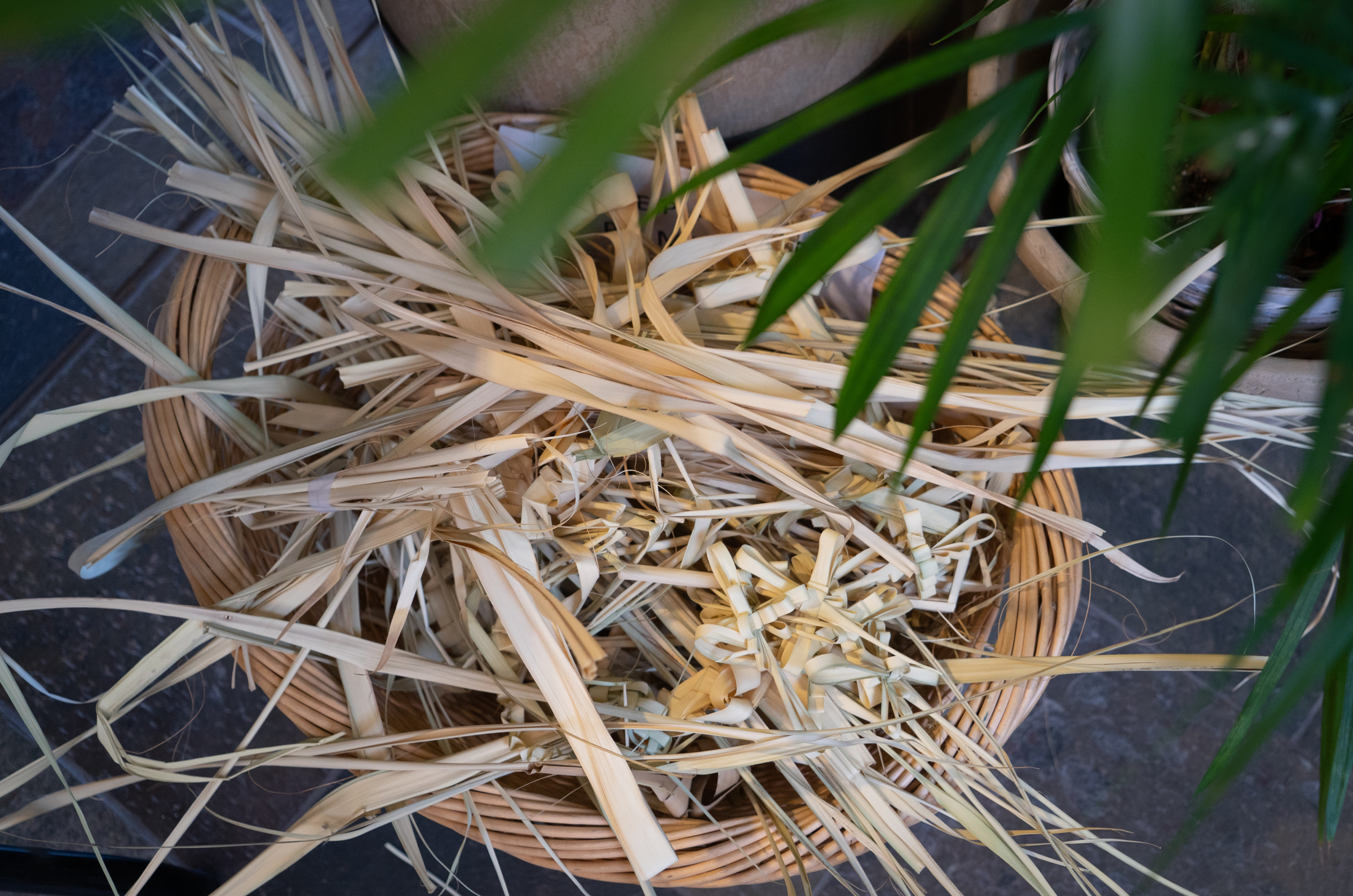“Graduate students,” said our dear sage master recently, a twinkle both rueful and playful lighting his eyes, “are the extended memory of an old professor who is beginning to forget.”
One of my classmates had brought up an article the professor had forgotten he referenced in his own research. His response evoked sympathy but also laughter, because graduate students are known generally to need more help than they can give. Beginning to realize the limitations of their expertise, they research, write, and teach hesitantly. But if there were one thing they could do well, it would be to serve as the memory for professors whose forgetfulness is the price paid for long experience and deep understanding.
The interplay of weakness and strength sketched by our professor’s comment taps into a three-fold dynamic of Lent: acknowledging weakness, recognizing God’s strength, becoming an instrument of His.
The best Lenten advice I ever received was: “It is not about you.” Lent is not a 40-day self-help program. Lent is a time of emptying oneself, through repentance and self-denial, to allow God to fill us. It is a time when we let go of some of the sinful or self-indulgent crutches we use to get through the day, and our frailty lies exposed. Yet, just as a professor can count on “extended memory” through others, we encounter a source of strength greater than our crutches: God. We realize that, in Him, we can be stronger than our own strength — like our professor and his students who, in supplying one another’s lack, can together enjoy the fruits of youthful memory and age’s wisdom.
Ask yourself this Lent: With what do I fill myself instead of leaving space for Him?
Writer Tim Gautreaux perceptively portrays our tendency to rely on things other than God. One story depicts an alcoholic priest who crashes his car on the way to hear the confession of a terminally ill man: Clyde Arceneaux has sat, disaffected, outside church for decades of Sundays while his family attended Mass. After the crash, Father tries to stay sober but feels profoundly empty. Reluctantly agreeing one night to help Clyde make restitution for a past sin, Father drinks to bolster his courage. Caught driving while impaired, he is temporarily removed from parish duties and sent to the local AA; humiliated by his parishioners, he wonders whether they will ever forgive him. On his first day back in the pulpit, he examines the crowd and discovers “something that was better than forgiveness, more than what he deserved … It was Clyde Arceneaux ... asleep, pale, two steps from death, his head resting against the wall, but at least he had finally come inside.”
This Lent, resolve to give up a pet sin or a crutch — like a favorite snack or social media — and in moments of weakness, pray. When you fall, get up; remind yourself that this journey is about Him, not about you. And remember that your struggle may — through His mercy, not your heroism — win a soul back to beatitude.
Sr. Maria Veritas Marks is a member of the Ann Arbor-based Dominican Sisters of Mary, Mother of the Eucharist.










